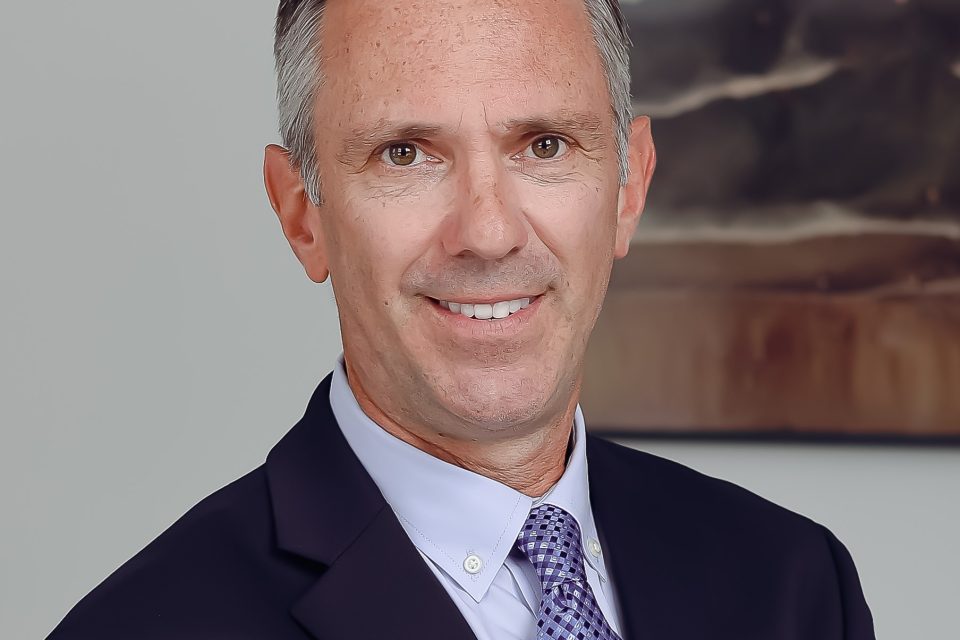If you missed Part 1 and/or 2 of this series, you can find it at www.thetowncommon.com.
The past couple weeks have been about the growing evidence that links oral and systemic disease, and the need for more collaboration between dentists and physicians. All of this, of course, is in the best interest of the patient.
The body is a complex system – and everything is connected. The health status of an individual’s mouth can absolutely play a role in systemic health or disease. In addition to the need for dentists and MD’s to collaborate more on the oral/systemic connection, we also need to collaborate better about our patient’s sleep problems.
As part of a comprehensive approach to care, we screen for sleep issues with our patients. It amazes me how many people have issues with their sleep. It amazes me even more when I learn that many of these people have never even had a conversation with their doctor about sleep. Experts in sleep medicine agree that there is much room for improvement in this vital part of our health care.
Periodontal issues and sleep are just two areas where more information should be shared between dentists and physicians. We have to be open to the fact that everything is connected, and needs to be taken into consideration when we are trying to diagnose, monitor, or solve our patient’s problems.
I recently saw someone who has been a patient of mine for about 7 years. I noticed in the patient’s notes that bruxism/grinding had been discussed at most hygiene appointments in the past, due to the noticeable wear patterns on the patient’s teeth. There was also a note in the chart several times stating that the patient would never wear a dental appliance at night.
As I did my exam, I kept thinking to myself that there must be more to the story behind this patient’s dental issues. It happened to be around our lunch break, so I asked the patient if she had a few minutes for us to talk. She seemed interested in what I had to say. I photographed her teeth to compare them with photos taken 7 years ago. We talked for an hour.
Aside from learning that the patient was on (7) medications for the past SEVEN years and had never reported any of them to us, I also learned that the reason she was also resistant to wearing something to protect her teeth at night was because she had sleep issues. She felt there was no way she could handle the extra stuff in her mouth. I also learned that both of her parents are treated for sleep apnea.
So, here are some bullet highlights from the past 3 weeks:
Periodontal (gum) disease is bad. Just because it doesn’t hurt doesn’t mean you don’t have a problem. If you care about your general health, you must take care of your mouth.
Delaying care of dental problems always leads to more treatment and more cost.
Don’t leave information out when discussing your health with your doctors. Everything is important.
For better patient care, doctors and dentists should have more collaboration.
Time is the most precious gift a health care provider can give their patients.
Dr. St. Clair maintains a private dental practice in Rowley dedicated to health-centered family dentistry. He has a special interest in treating snoring, sleep apnea and TMJ problems. If there are certain topics you would like to see written about or questions you have please email them to him at jpstclair@stclairdmd.com




